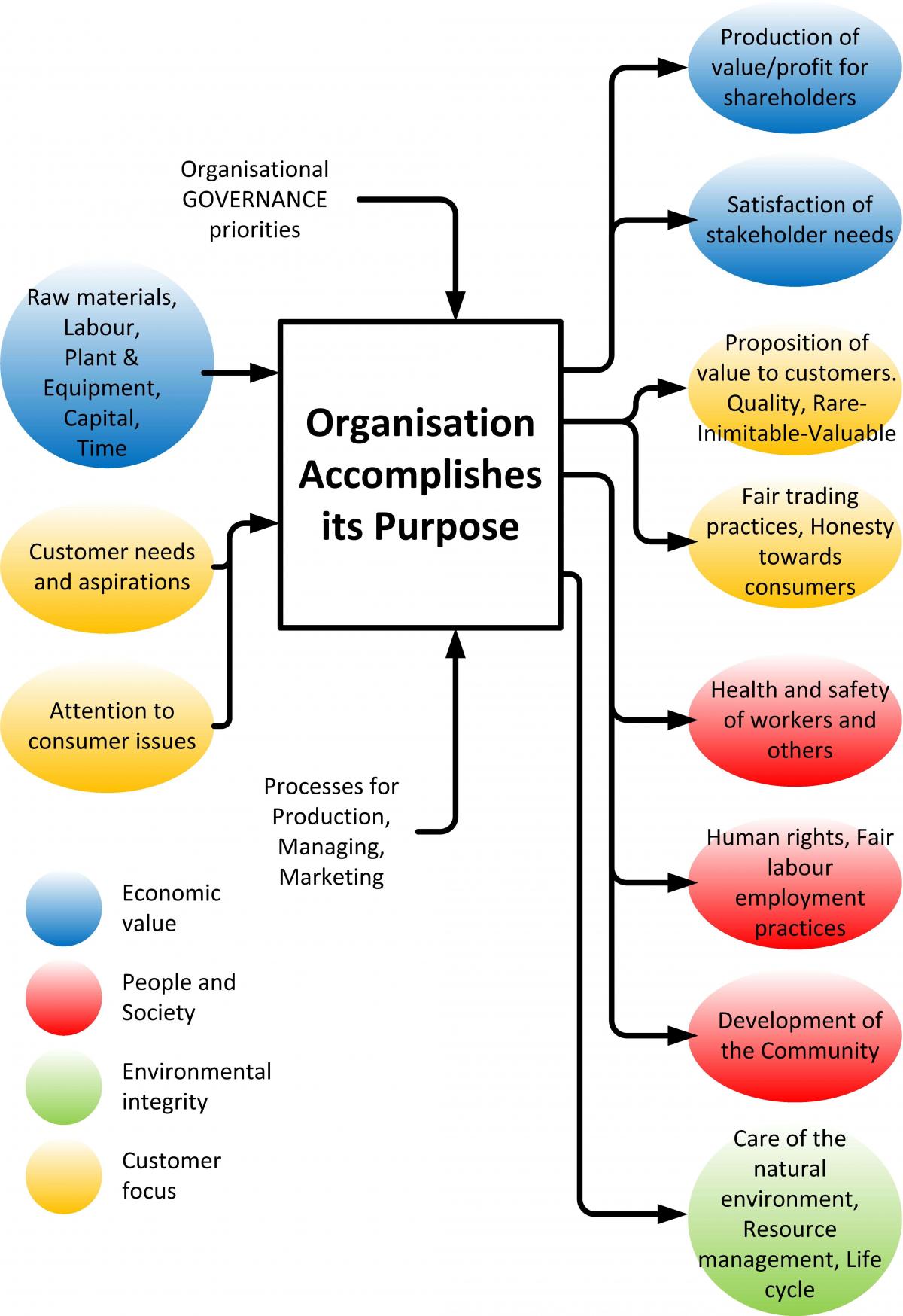In a newly released report, Natixis Global Asset Management speaks to the quite positive views of passive investment vehicles and exchange traded funds that it finds in today’s marketplace. Their report inspires the neologism “misoverestimate,” as a logical analog of a former U.S. president’s term, “misunder ….”
A Natixis survey indicates that 71% of respondents believe that passive vehicles are less risky than other available options; 64% say they can help minimize losses; and 69% say they offer better diversification than other assets.
The study puts forth the view that this shows the poor understanding of the real role of such vehicles. John Hailer, CEO of Natixis for the Americas and Asia, said that the low cost of passive funds “seems to be providing a ‘halo effect’ that could blind-side investors during volatile markets.”
At the start of 2016, after all, the S&P 500 had its worst opening since 1928. It fell 10.5% between the start of the year and a bottoming on February 11. Yes, it did recover, and ended the first quarter up 0.7%. But Natixis says, in a press release discussing the survey, that “tracking the index would have resulted in a hair-raising ride.” Hailer says that he is troubled to see that investors attribute to the passive vehicles benefits they don’t actually offer.
Closet Tracking
On a related point, Hailer gave an interview to the Financial Times earlier this year, in which he complained about closet tracking; that is, the practice whereby funds that charge fees appropriate to active management in fact manage passively. “I think it’s horrible,” he said. If one is going to charge the higher fees and then “just mimic a benchmark because it’s good for your company, that’s so wrong.”
A recent investigation in Europe suggested that up to a sixth of Europe’s allegedly active funds may in fact be closet trackers.
In that context, Hailer told the Financial Times, “Not every regulation out there is bad,” and among the not-bad ones are those that require that managers be clear about whether their management is active or passive.
Other Findings
But let us return our attention to the report and survey on individual investors released by Natixis on May 24, 2016. It encompassed 750 individual investors in the United States, either affluent or high net worth. What that means is that the respondents each had a minimum of US$200,000 or the purchase price parity equivalent thereof in investable assets.
Among other findings within that population: investors are moving past the old 60/40 equity/bonds split. A full 65% say that approach is no longer the best way to manage investments while pursuing returns. Seventy percent want to take an approach that is less tied to broad markets than that, and 75% are looking to further diversify their portfolios. Those attitudes, Natixis observes, “would seem to open the door to wider ownership of alternative investments.”
So: have the responding investors already moved into the alts world? Only 52% say “yes” to that, even when alternatives is defined broadly to include private equity and real estate along with long/short funds and hedge funds. Investors who don’t own alts, asked why not, said that they are too risky (56%), or acknowledged ignorance of how they work (34%), or said they see no need for them (28%).
ESG Issues
Natixis also probed attitudes about investments that focus on environmental, social, or governance issues (ESG). A healthy majority, 71%, of respondents said that it is important for them to know that their investment is doing social good. Natixis says that the reasons for such a view are typified by recent emissions scandals at auto makers, especially Volkswagen and Mitsubishi. The companies involved are allegedly evading laws that are meant to keep the atmosphere healthy for human life, and they have run afoul of investors who value clean air, and want to express that valuation in their portfolio.
“Integrating ESG strategies into client portfolios can be a clear example of how the industry can better align with investors and provide an offering that connects with their personal values and beliefs,” concludes Natixis.
Not just in the U.S. but around the globe, Natixis says, investors believe that the investment industry has a vested interest in helping them succeed. Unfortunately, only 50% say they believe the industry puts them first.




